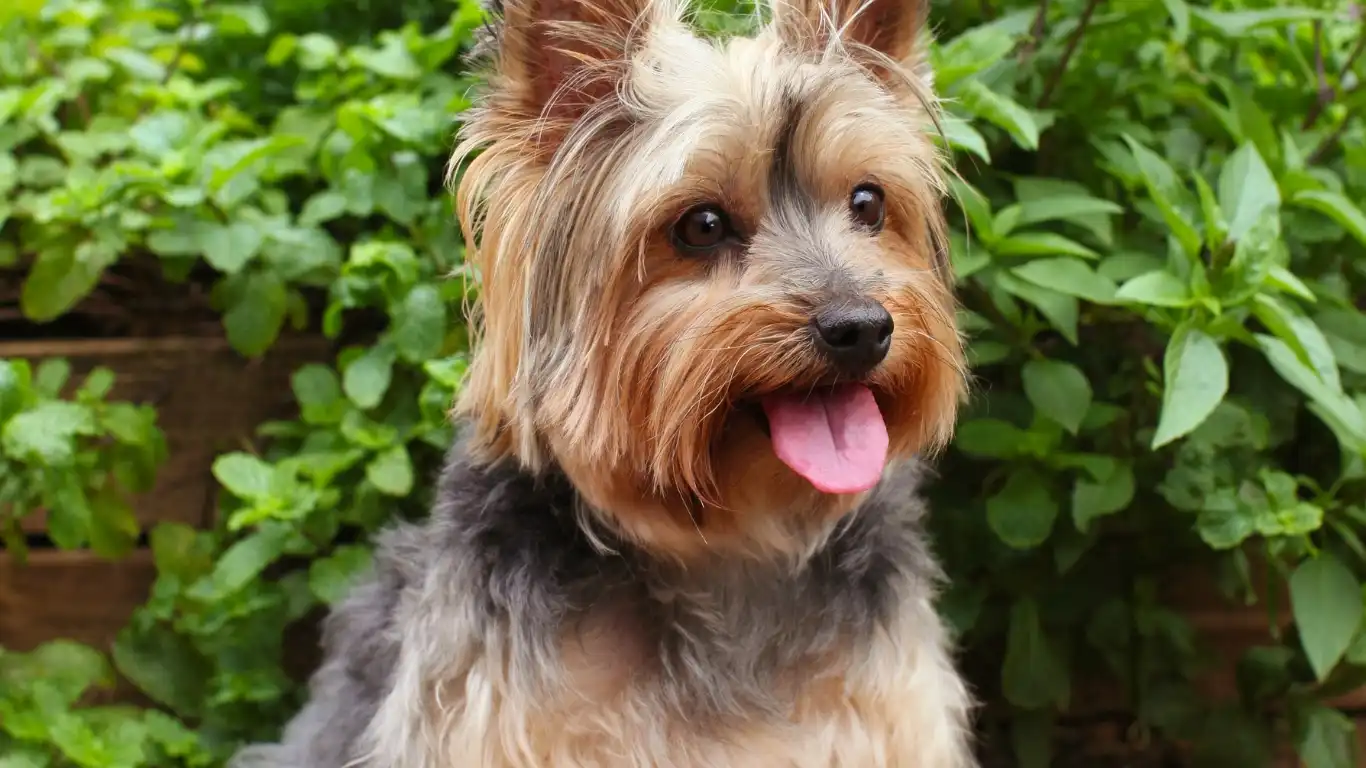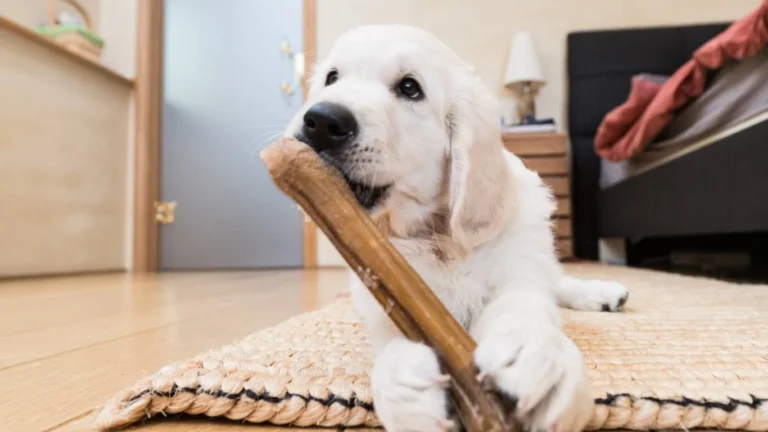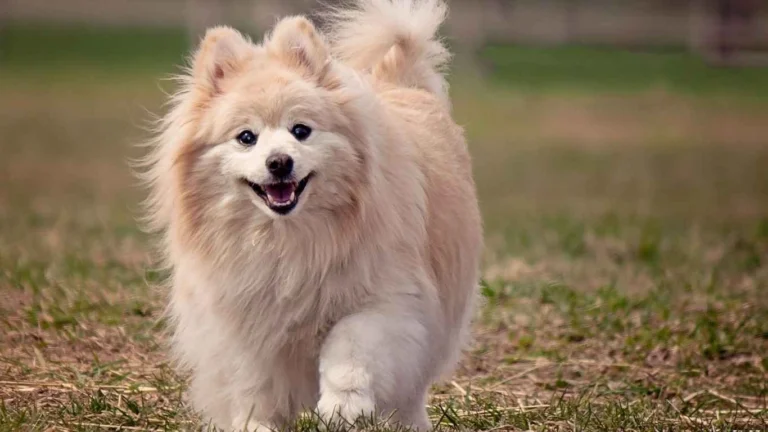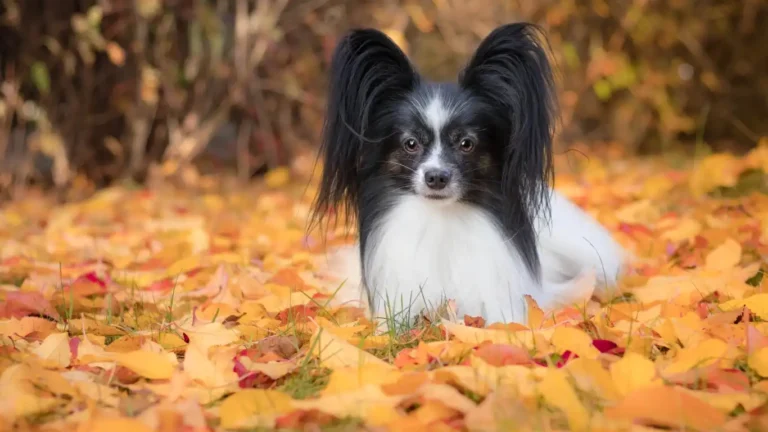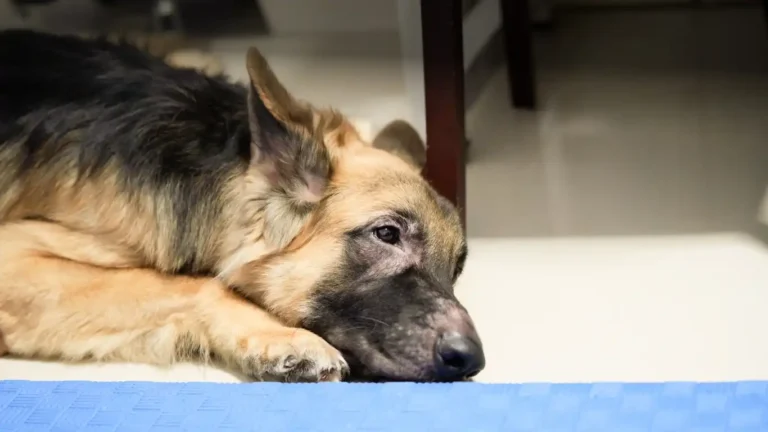How to Keep Your Dog from Raiding the Trash: Easy Tips That Work Fast
If you’ve ever come home to find your dog proudly sitting among a mess of shredded paper towels, moldy leftovers, and last night’s chicken bones, you’re not alone. One of the most common (and frustrating!) issues pet parents face is figuring out how to keep your dog from raiding the trash. As a Veterinary Technician and Nutrition Specialist, I’ve seen firsthand just how dangerous this habit can be — not just messy, but downright risky to your pup’s health.
Why Dogs Are Drawn to the Trash
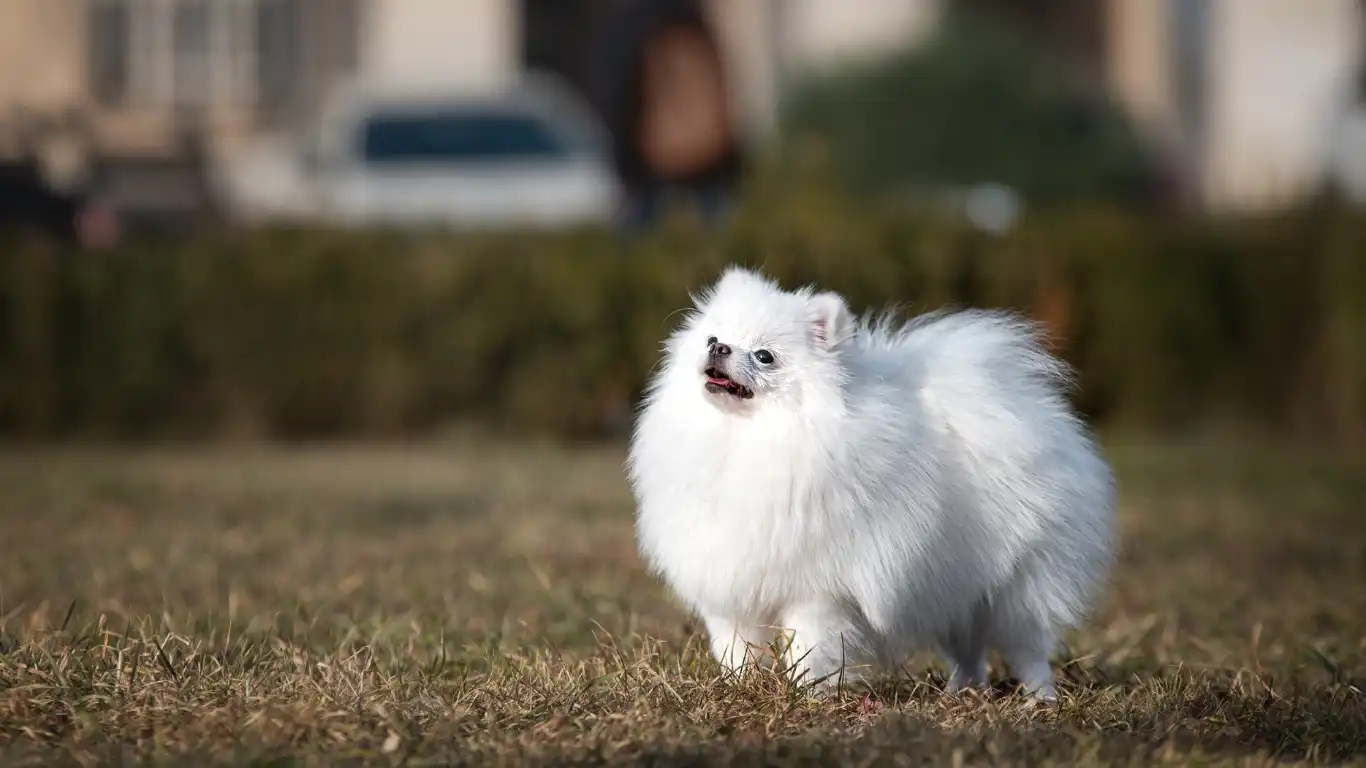
It’s in Their Nature
Dogs are natural scavengers. Their ancestors survived by sniffing out scraps and leftovers — and today’s kibble-fed pups haven’t totally lost that instinct. The smell of discarded food in the trash is practically irresistible to them. I’ve seen even the most well-behaved dogs go full detective mode when they catch a whiff of greasy pizza crusts or bacon grease-soaked napkins.
Food Isn’t the Only Appeal
Believe it or not, it’s not always food they’re after. I’ve had clients whose dogs go dumpster diving for used tissues (gross, I know), dental floss, or even diapers. Dogs explore with their mouths, and your trash can is like a treasure chest full of textures, smells, and surprises.
Health Risks of Trash-Raiding
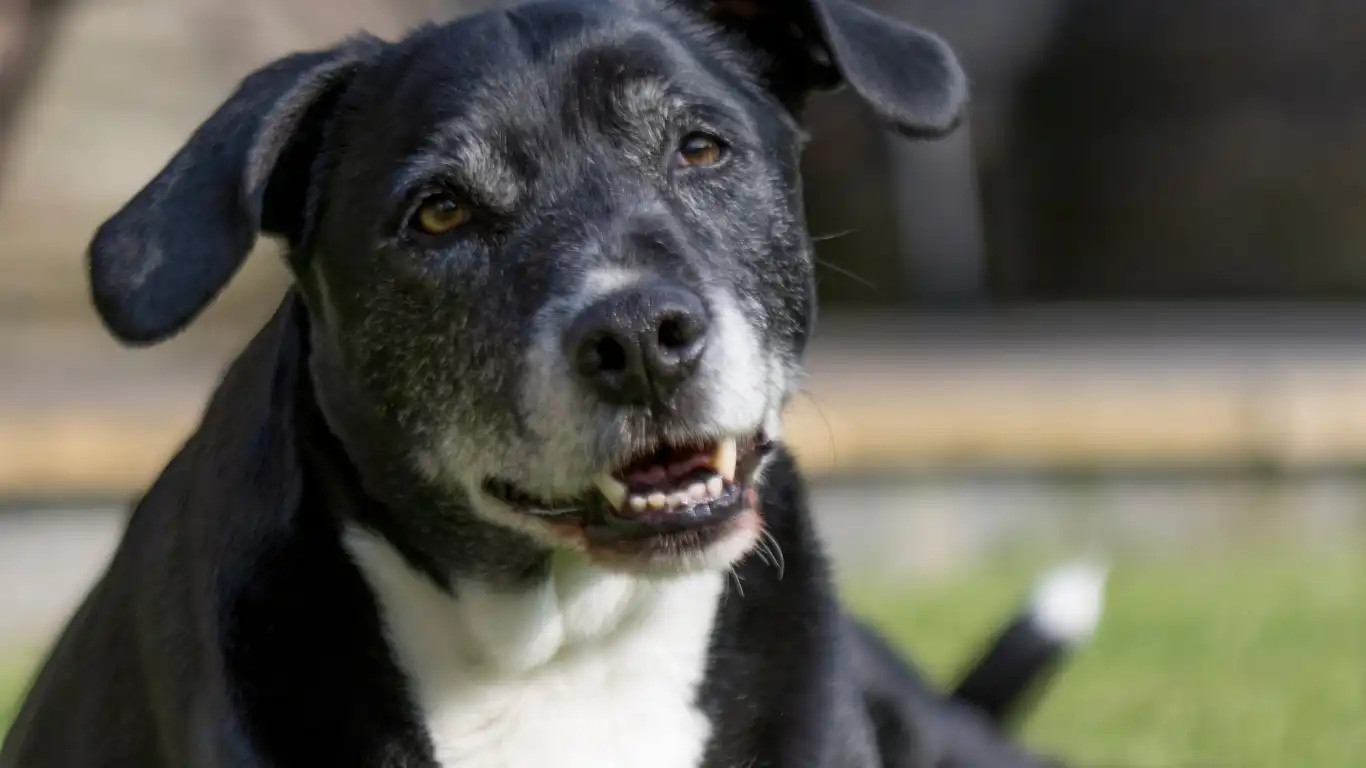
It’s More Than Just Messy
From a clinical standpoint, I can tell you that eating trash can land your dog in a world of trouble. Some of the most common issues I’ve treated include:
- Gastrointestinal Upset – Vomiting, diarrhea, and belly pain are almost guaranteed after a trash binge.
- Pancreatitis – High-fat scraps like bacon grease or meat trimmings can trigger this painful (and sometimes deadly) inflammation of the pancreas.
- Toxicity – Things like moldy food, coffee grounds, chocolate, or even xylitol from sugar-free gum can be fatal.
- Foreign Body Ingestion – Corn cobs, bones, and even plastic can cause dangerous blockages that may require surgery.
I once had a patient — a sweet Labrador named Daisy — who snuck an entire rotisserie chicken carcass from the garbage. Her owners thought she was just bloated, but a quick x-ray revealed sharp bone fragments in her stomach. Emergency surgery saved her life, but it was a close call.
How to Keep Your Dog from Raiding the Trash
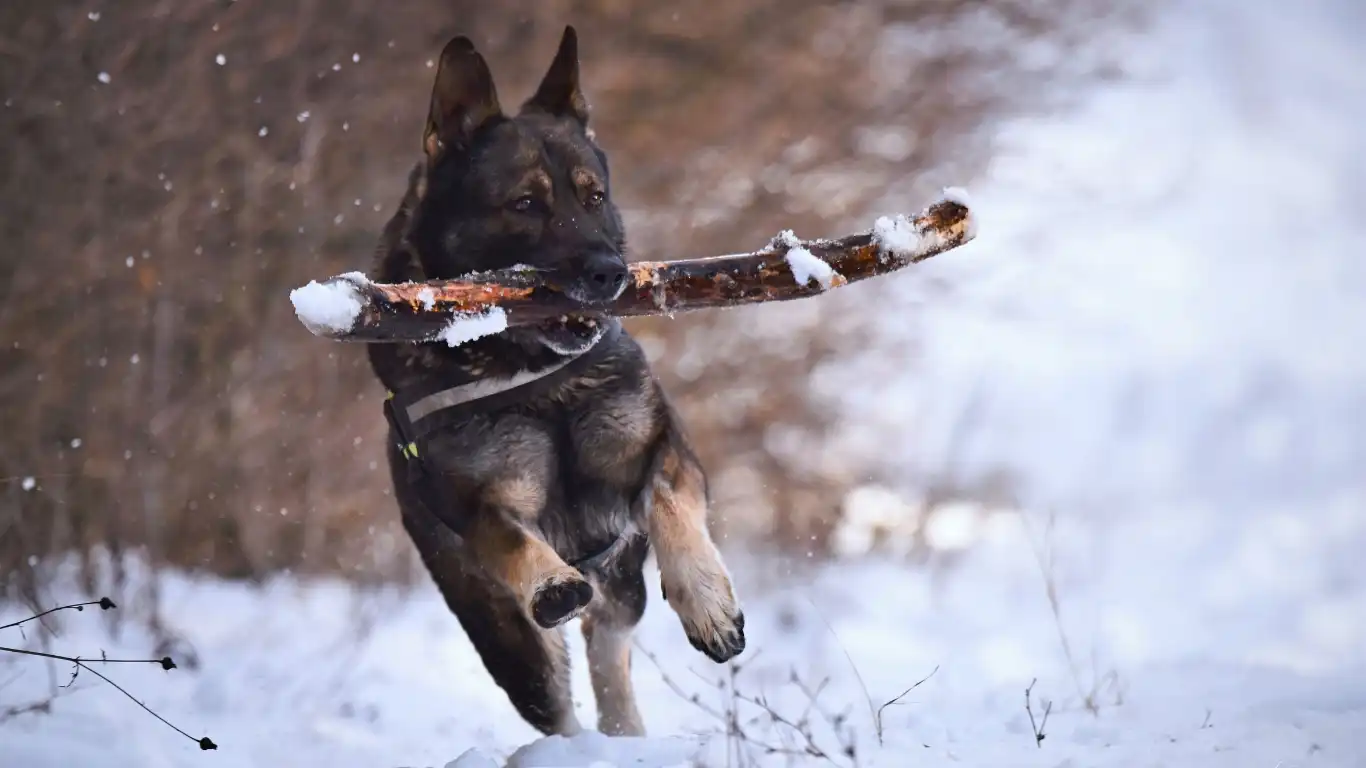
Start With a Trash Can Upgrade
This sounds obvious, but trust me — it’s the first thing I recommend to clients. Dogs are smart (and persistent), so a flimsy bathroom bin won’t cut it. Go for something with:
- Heavy-duty lids – Step-pedal or locking tops work best.
- Metal or hard plastic – Avoid light bins that are easy to knock over.
- Secure placement – Keep it in a cabinet, pantry, or behind a baby gate if needed.
I personally switched to a stainless-steel trash can with a locking lid after my own dog, Luna, managed to nose open a step-lid. Haven’t had a problem since!
Make the Trash Less Appealing
Sometimes deterrence is about taking the thrill out of it. Here are a few tricks I often share with pet parents:
- Double bag the garbage to contain odors better.
- Use pet-safe deterrent sprays around the can (citrus scents often work).
- Take the trash out more often — especially after tossing in smelly food waste.
Little changes like this can make a big difference. If it doesn’t smell like a jackpot, your pup might just lose interest.
Training Your Dog to Ignore the Trash
Okay, so you’ve fortified your trash can fortress — awesome first step! But let’s be real: even the best bin isn’t dog-proof forever. That’s why training your dog to avoid the trash is just as important. Trust me, as someone who’s juggled medical emergencies and behavior consults, prevention beats treatment every single time.
Start with basic commands. Teaching a solid “Leave it” or “Off” cue can be a total game-changer. I worked with a cheeky beagle named Max who used to treat the kitchen like a buffet. We spent a couple of weeks reinforcing “leave it” with treats and praise, and honestly, it worked wonders — he now walks past the bin like it’s not even there.
Consistency is key. Here’s how you can reinforce trash-ignoring behavior:
- Catch them in the act and redirect with a firm “Uh uh!” or “Leave it!”
- Reward with a treat or toy when they walk away from the trash on their own.
- Practice impulse control games like “wait” or “stay” near the trash area.
Use Enrichment to Curb Boredom
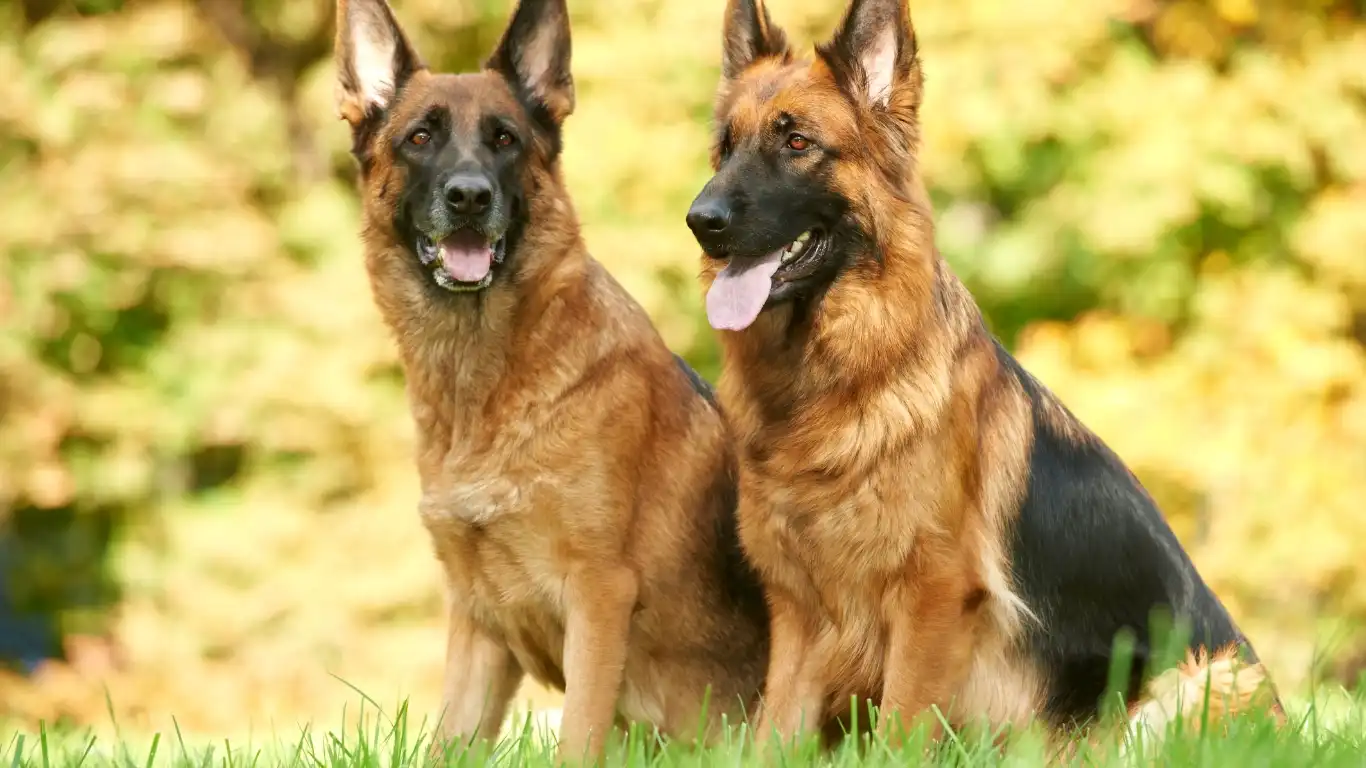
Boredom Is a Big Culprit
From what I’ve seen, dogs often raid the trash not because they’re hungry, but because they’re bored out of their minds. Dogs need mental stimulation just as much as physical exercise. A lot of trash-digging behavior disappears when dogs have other ways to stay entertained.
Here are a few enrichment ideas that work wonders with my clients (and my own pup):
- Stuffed Kongs or puzzle feeders – Keeps them busy and mentally engaged.
- Snuffle mats – Mimics foraging behavior, way more appropriate than the trash.
- Interactive toys – Toys that squeak, bounce unpredictably, or dispense treats are perfect.
- Frozen treats – Mix kibble, yogurt, and pumpkin in a Kong and freeze it. Keeps ’em focused for ages.
One of my favorite cases involved a German Shepherd named Koda who destroyed his owner’s kitchen trash daily — until we got him on a rotation of puzzle toys and scent games. His trash antics dropped off almost overnight. Mental fatigue is a wonderful thing!
Consider Your Dog’s Diet
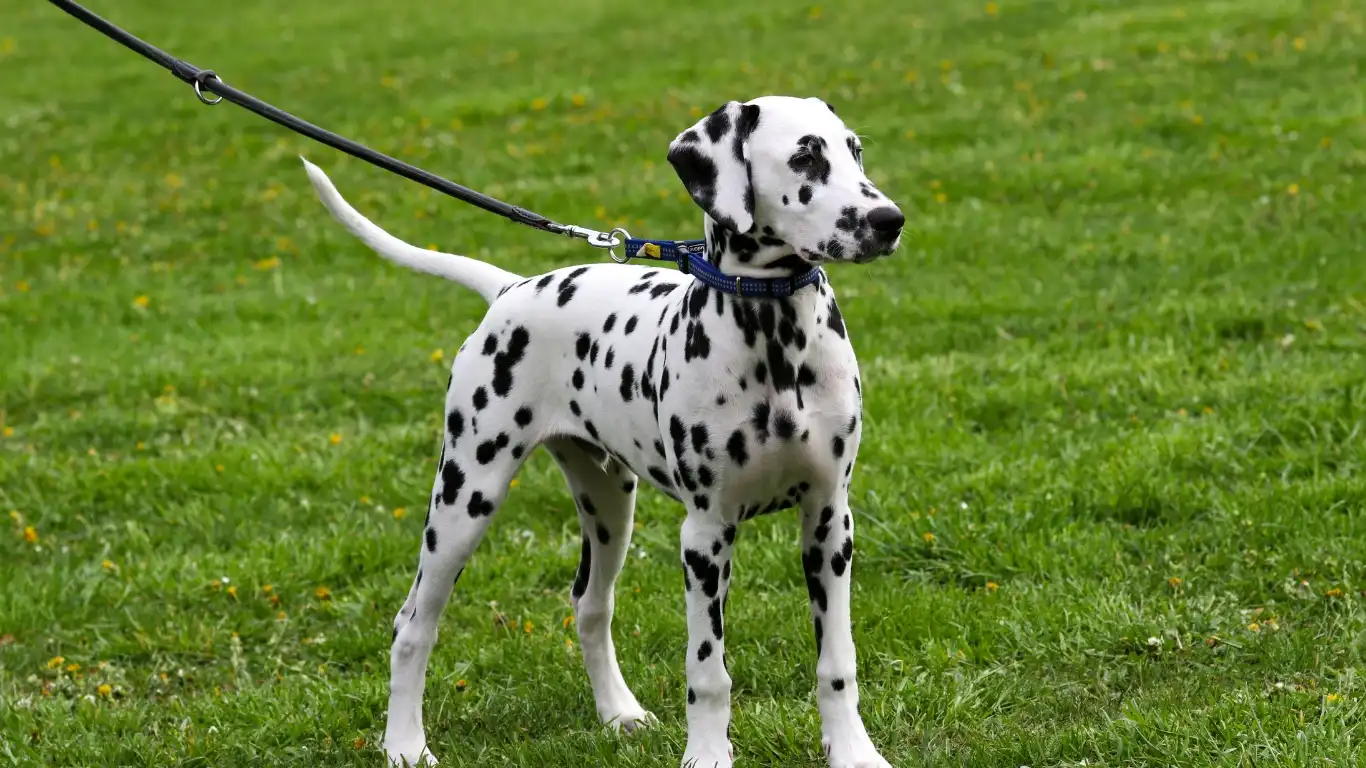
Are They Getting What They Need?
As a nutrition-focused vet tech, I can’t stress this enough — sometimes dogs dig through garbage because their diet isn’t meeting their needs. If your pup is constantly scouring the trash, ask yourself:
- Are they on a balanced, species-appropriate diet?
- Do they get enough protein and fat to feel full and satisfied?
- Are their meals spaced out appropriately, or are they going too long between feedings?
I had a sweet little rescue mix named Olive who was constantly nose-deep in bathroom bins. Turns out, her food was too low in fat and she was perpetually hungry. Once we adjusted her diet (and added a little canned food for satiety), she stopped raiding trash almost entirely.
Management Strategies for When You’re Not Home
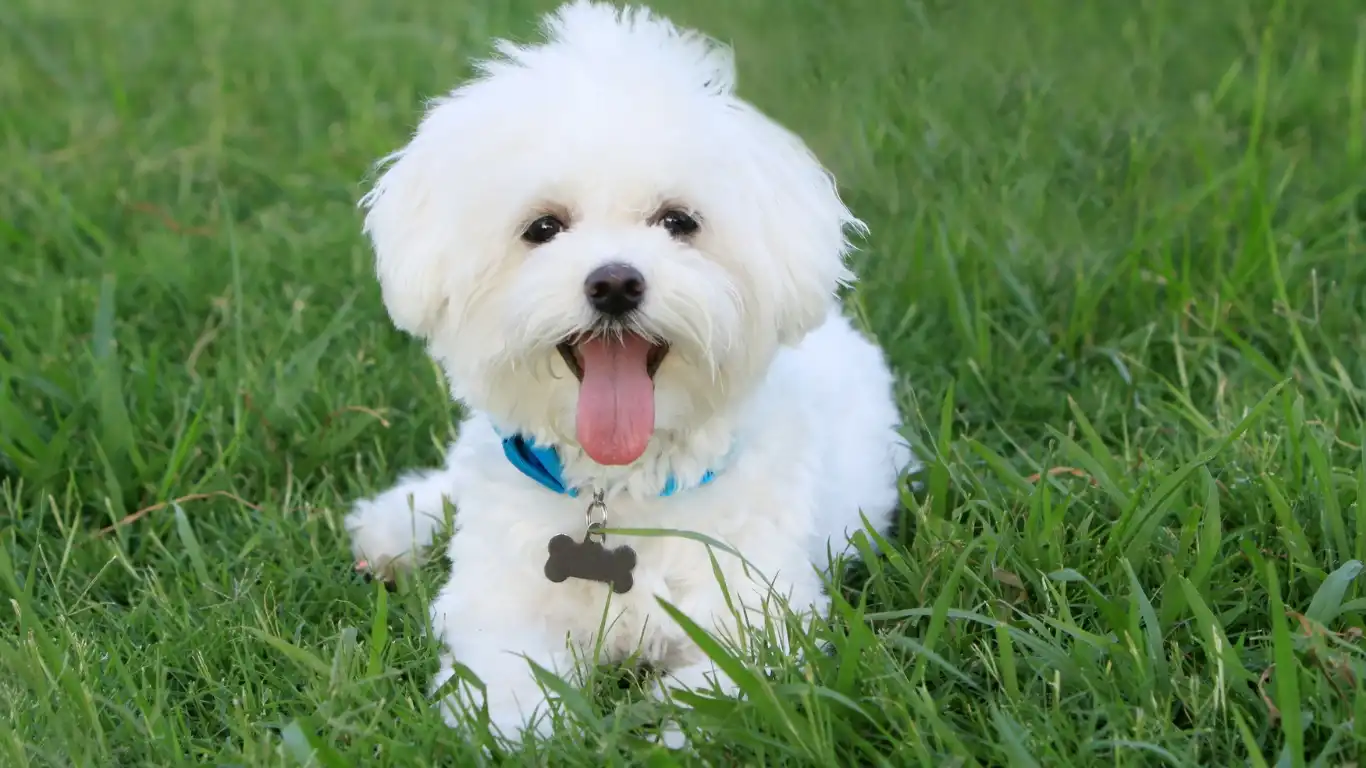
Out of Sight, Out of Mind
If your dog’s a “when the human’s away, the dog will play” type, management is non-negotiable. Here’s what I suggest to all my clients when they’re dealing with a solo trash bandit:
- Use a crate or exercise pen – Especially for younger dogs or new rescues who are still learning boundaries.
- Limit access to tempting areas – Close doors, use baby gates, or install cabinet locks.
- Leave engaging activities – Frozen treats, safe chew toys, or food-dispensing toys help distract and occupy them.
And don’t feel guilty about crate time — when used properly, crates are cozy dens, not punishment zones. One of my repeat boarders, a doodle named Jasper, actually goes into his crate on his own when he sees his mom grab her keys. Why? Because he knows a peanut butter-stuffed Kong is coming his way.
Tech Tools Can Help Too
We’re living in a golden age of pet tech! There are some nifty tools out there to help monitor your pup while you’re away:
- Pet cameras – Some let you talk to your dog or toss treats remotely.
- Smart trash cans – Yup, those exist. Some even send alerts if they’ve been tampered with.
If your dog is clever (or sneaky), this extra layer of supervision can give you peace of mind — and help you step in before disaster strikes.
Behavioral Causes and How to Address Them

Stress and Anxiety: The Hidden Triggers
Sometimes, trash raiding isn’t about food or boredom at all — it’s a symptom of stress or anxiety. Dogs are incredibly sensitive creatures and can develop habits like dumpster diving when they’re feeling uneasy or understimulated emotionally. From my years working with anxious dogs, I can tell you this is often overlooked.
Signs of stress can include pacing, excessive barking, chewing on inappropriate items, and yes — trash raiding. If you suspect anxiety, it’s important to:
- Identify stress triggers (loud noises, changes in routine, separation)
- Provide a safe, quiet space your dog can retreat to
- Increase physical exercise and mental enrichment to reduce nervous energy
- Consider calming aids after consulting with your veterinarian (like pheromone diffusers or supplements)
For example, a nervous terrier I once helped started raiding the kitchen trash when thunderstorms hit. Once we created a “safe zone” with a comfy crate and white noise machine, plus some extra walks, her anxiety-driven trash raids stopped.
Impulse Control and Consistency
Dogs that struggle with impulse control may find it hard to resist the temptation of a trash can full of goodies. Training impulse control exercises like “wait,” “stay,” and “leave it” are essential. It takes patience, but the payoff is huge.
My personal tip? Keep training sessions short and fun. If your dog associates these commands with treats and praise, they’ll be much more likely to obey when faced with temptation.
When to Call in the Professionals
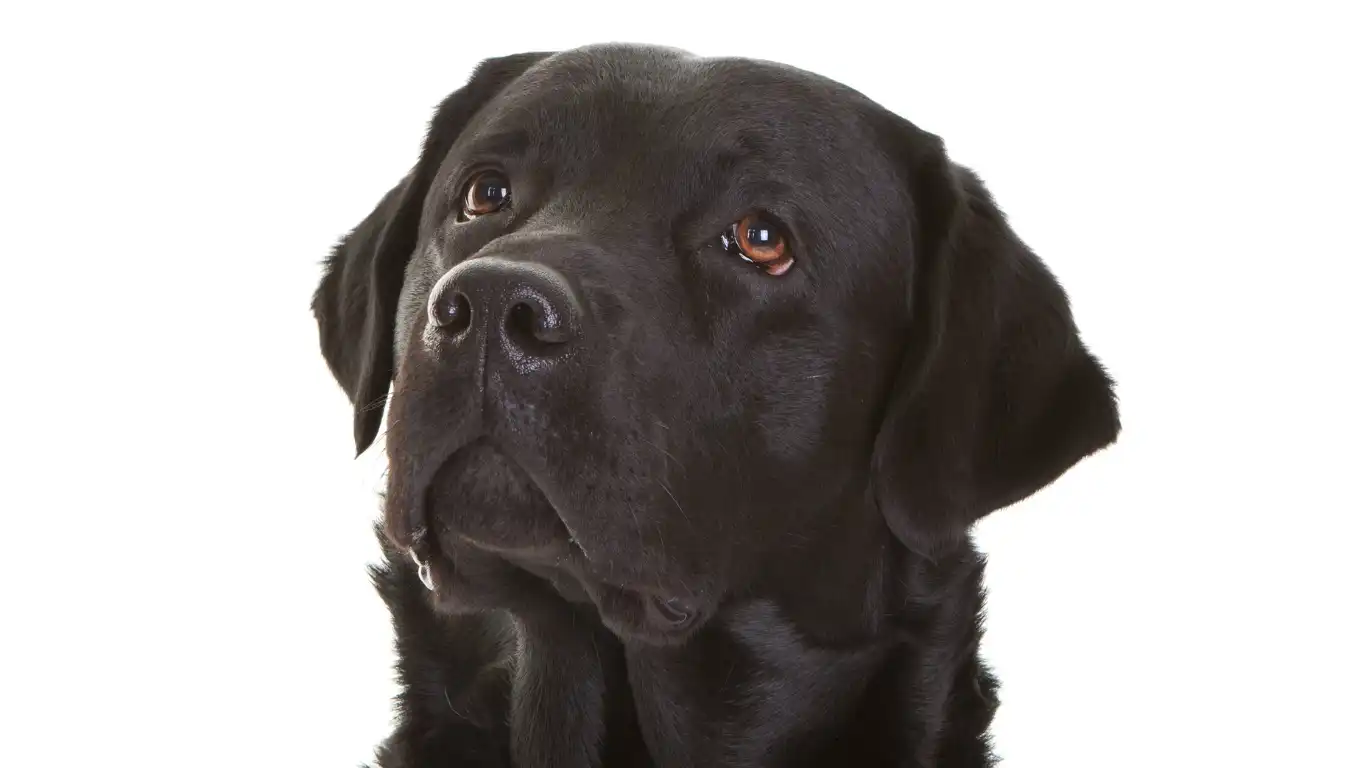
Veterinarians and Behaviorists Are Your Allies
If you’ve tried everything and your dog is still turning your kitchen into a disaster zone, don’t hesitate to seek professional help. As a veterinary technician, I always remind clients that vets and certified animal behaviorists have the knowledge and tools to tackle persistent or complex issues.
Here’s when to consider professional intervention:
- Persistent trash raiding despite training and management
- Signs of anxiety or compulsive behaviors
- Suspected nutritional deficiencies or medical issues
- Safety concerns, especially if your dog has ingested harmful items before
In some cases, a veterinary nutritionist can help optimize your dog’s diet, or a behaviorist can design a customized training and enrichment plan. Both can make a huge difference in stopping unwanted habits.
My Experience With Success Stories
I remember a case with a stubborn border collie named Finn who would launch full-scale attacks on the trash every chance he got. After working closely with a behaviorist and adjusting his feeding schedule and enrichment activities, Finn’s raids stopped completely. It took time, patience, and teamwork — but the results were well worth it.
Final Tips for Long-Term Success
- Keep reinforcing good behavior: Celebrate every success with treats, praise, and love.
- Maintain consistent routines: Dogs thrive on predictability, so regular feeding and exercise times help reduce unwanted behaviors.
- Stay vigilant: Trash raiding can sneak back if you get complacent, so keep up your management strategies.
- Understand your dog’s unique needs: Every pup is different; what works for one might not work for another.
With a mix of proper management, training, enrichment, and sometimes a little professional guidance, you can definitely teach your dog to leave the trash alone — keeping both your home and your furry friend safe and happy.
References
- American Veterinary Medical Association
- ASPCA
- Centers for Disease Control and Prevention
- American Animal Hospital Association
Disclaimer
This article is for informational purposes only and is not intended to replace professional veterinary advice. Always consult with your veterinarian or a certified animal behaviorist for personalized recommendations tailored to your dog’s specific health and behavioral needs.
